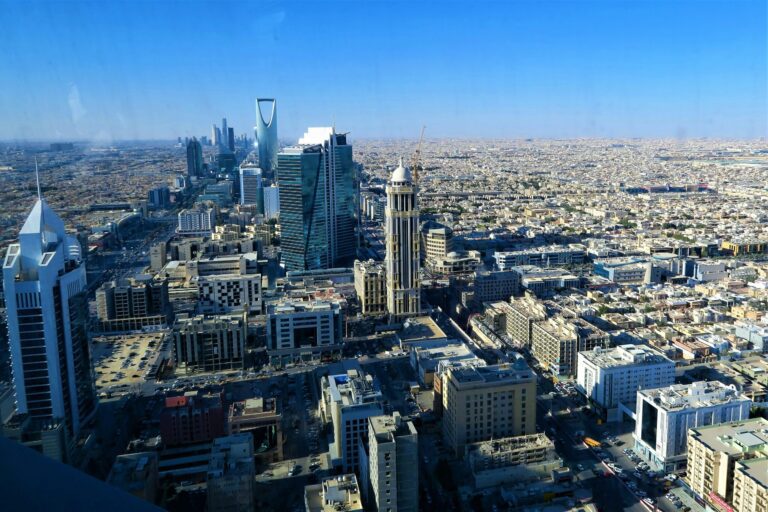A significant diplomatic milestone unfolded on February 18 when the United States and Russia held a high-stakes summit in Riyadh, Saudi Arabia. This historic meeting marked the first time in years that senior officials from both nations engaged directly since the escalation of tensions following Russia’s 2022 invasion of Ukraine. The summit, which has been dubbed a critical step in re-establishing communication, was seen as an attempt by both sides to explore potential avenues for peace amidst a long-standing and devastating conflict.
The talks were spearheaded by U.S. Senate Foreign Relations Committee Chairman Marco Rubio, who led the American delegation, and Russian Foreign Minister Sergey Lavrov, representing Moscow. The key focus of the summit was Ukraine, with both nations discussing possible strategies to bring the ongoing war to an end. Despite the stakes, one of the most notable aspects of the meeting was the exclusion of Ukrainian representatives from the negotiations. This decision caused a stir internationally, particularly in Kyiv, where officials expressed frustration, arguing that any peace talks that omit Ukraine would be incomplete and inherently biased. The absence of Ukrainian input underscored the tension that remains between the U.S. and its allies on one side and Russia on the other, each navigating a complex geopolitical landscape.
The exclusion of Ukraine from the summit raised eyebrows globally, but the discussions between the U.S. and Russia proceeded, with both sides agreeing on the importance of exploring mutual opportunities for peace. Although no immediate breakthroughs emerged, the summit laid the groundwork for future diplomatic exchanges and signaled a potential shift in relations between the two nations. Both delegations reportedly expressed a desire to avoid further escalation, which could have dangerous consequences not just for the region, but for global stability. This desire for dialogue, despite the deep divisions between the countries, was seen as a positive step in a turbulent geopolitical environment.
The Saudi Arabian government, which has increasingly positioned itself as a mediator in global diplomatic affairs, played a pivotal role in facilitating the summit. Riyadh’s neutral stance and ability to host such high-level discussions further solidified its role as a key player in Middle Eastern and international diplomacy. While the talks themselves may not have resolved any pressing issues, they served as an essential reminder of the importance of open communication and the delicate balancing act that international diplomacy requires.
Moving forward, this summit could mark the beginning of a new chapter in U.S.–Russia relations, potentially paving the way for further talks and, ideally, tangible progress toward ending the war in Ukraine. However, the future of this diplomatic path remains uncertain, as the complexities surrounding the conflict continue to evolve.


